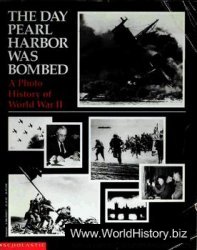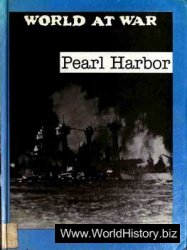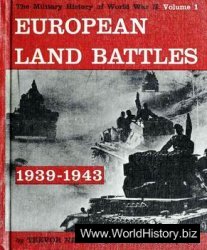
Americans typically guard against encroachments on their freedom by church authorities, citing "separation of church and state" as one of the bedrock principles of the U. S. government. Thus it is easy for them to sympathize with the Ghibellines, supporters of the Holy Roman emperor, in their long struggle against the pro-papacy Guelphs. Yet upon closer investigation, one finds that the Guelph-Ghibelline rivalry was really about power and not principle; thus by the 1300s, two centuries after the conflict began, it had become little more than a struggle between various Italian families.
As opposed to government by church or state, America's system is based on a third force, the people, who exercise authority through elected representatives. One of the most important milestones in the development of government by the people occurred during the Middle Ages, when a group of English nobles forced King John to sign the Magna Carta, or "Great Charter," in 1215. Thenceforth England's government would take quite a different course from that of France and other nations on the European continent, which continued to be dominated both by priests and kings.
Later, English settlers in the New World brought with them advanced notions about the idea of freedom, and these would find their greatest expression in the U. S. Constitution (1787). In fact the latter does not contain the phrase "separation of church and state": what it does say, in the First Amendment, is that the government may not favor one religious group over another.
To complete this assembly of great personalities was their brilliant opponent: Saladin.
Saladin had united Egypt with Syria and Mesopotamia, then conquered a number of cities in Palestine. On July 4, 1187, he dealt the crusaders a devastating blow in the Battle of Hittin, where the Europeans found themselves on a dry, desolate plain, overcome by thirst. Saladin's forces set fire to the dry grass around them, nearly wiping out the European forces, and went on to capture Jerusalem on October 2.
On his way to the crusade, Frederick drowned in Anatolia. Richard arrived late in Palestine, having stopped to conquer the strategically located island of Cyprus (SY-prus) in the Mediterranean. (Cyprus would remain a crusader state until 1384, and briefly emerged as an imperial power during the mid-1300s.) Arriving in what is now Israel, Richard joined Philip outside Acre (AH-kruh), an important trading center for the Italian city-states of Genoa (JEN-oh-uh) and Pisa (PEE-zuh). Their use of the siege engine, a recently developed catapult for hurling stones

Thomas a Becket was murdered as a result of his conflict with King Henry II of England.
Over castle walls, helped the Europeans gain victory at Acre.
In 1191, Philip learned that his only heir had taken ill, so he rushed back to France. This left just
Richard and Saladin, two of the most romantic figures of the Middle Ages, squared off against one another. Though their conflict inspired many legends, in fact it ended in a stale-mate—and the two men never even met. Richard needed to get back to England, where his brother John (ruled 1199-1216) had been making trouble for him, so in September 1192, he signed an agreement with Saladin. The Muslims still held Jerusalem, but the crusaders had regained a number of areas along the coast.




 World History
World History









